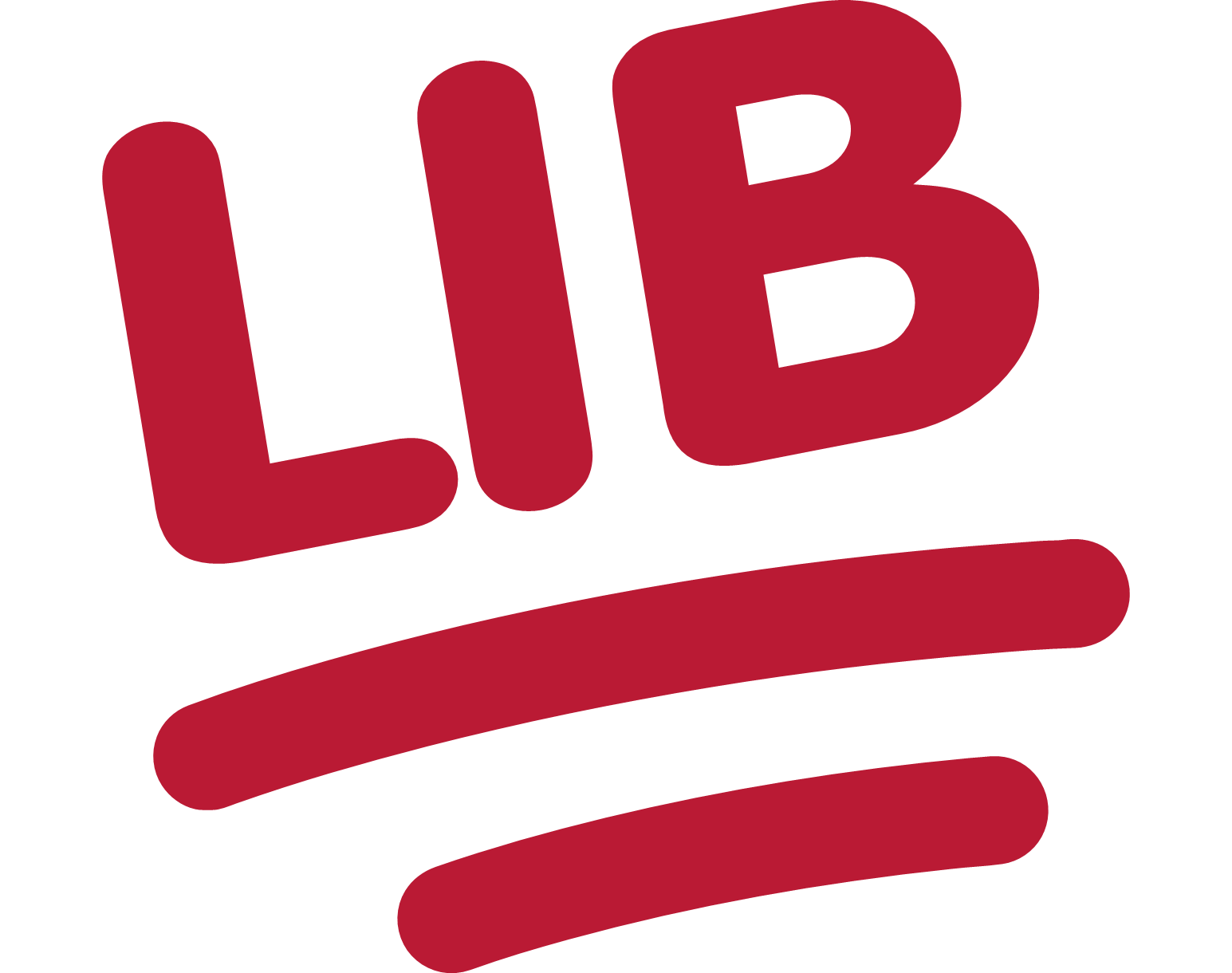ChestRockwell [comrade/them, any]
- 9 Posts
- 102 Comments

 8·10 months ago
8·10 months agoYeah it’s too bad because the stories were fun but that was such a weird fuckin turn
BILLY FUCKIN BRAGG


 11·10 months ago
11·10 months agoHoly shit comrade that’s brutal. Good to hear you’ve at least managed to send out some bulk applications, but that’s incredibly terrible timing.


 13·10 months ago
13·10 months agoI feel like broader central/south American CIA shit would be better. While obviously Cuba touched on it, I feel like death squads are perhaps a clearer angle for them. But that’s just me.

 55·10 months ago
55·10 months ago Americans will learn how to read critically or we will fucking end them in Minecraft
Americans will learn how to read critically or we will fucking end them in Minecraft

 2·10 months ago
2·10 months agoSo the trouble with “Fables” is the author is a reactionary Zionist. It’s a very cool concept though, if you’re into fairy tales/folklore in a modern setting.

 2·10 months ago
2·10 months agoHellboy/BPRD are great big commitment tho.
 3·10 months ago
3·10 months agoWas their original material you provided feedback on written by themselves?
Perhaps a mix. The drafts have too little to tell. So my working theory is they just ended up behind the 8 ball and made some questionable choices.
 4·10 months ago
4·10 months agoI think all the credentialing is antithetical to my pedagogy. Fundamentally I try to teach as a sophist, so the students are often annoyed since the whole idea is there’s no “correct” answer so much as better or worse strategies. By focusing on the process by which we arrive at truth (i.e. dialectic and different forms of evidence/truth claim), I hope for my students to come out able to recognize bullshit and misleading claims.
It’s a little bit
 perhaps, but my class always turns in the end towards the failures of liberalism since students have to argue for solutions to systemic labor problems. More often than not they are brought to face the failures of liberal democratic institutions in protecting workers, etc. I also try to use these moments to emphasize the way that different value systems create different conclusions (i.e.
perhaps, but my class always turns in the end towards the failures of liberalism since students have to argue for solutions to systemic labor problems. More often than not they are brought to face the failures of liberal democratic institutions in protecting workers, etc. I also try to use these moments to emphasize the way that different value systems create different conclusions (i.e.  will value democratic “process” over results. However if you frame your argument around results, then liberal American democracy usually isn’t the answer).
will value democratic “process” over results. However if you frame your argument around results, then liberal American democracy usually isn’t the answer).So I do wonder how much motivation students have to cheat or just get thru with minimal effort is motivated by the material conditions you talk about. After all, rhetoric and argument and writing just aren’t comfortable in general. So while having no time limit and less credentialization would go a long way, there would likely be students who don’t want to get into that mode of being your own reader/critic and anticipating what others would say that’s sort of the key to rhetorical/humanistic thought.
The nice thing is if there weren’t credentials at the end like there are now, there’d be no downside to just quitting the class if you don’t want to think about these things.
 6·10 months ago
6·10 months agoI had those draft checkpoints. After my feedback, instead of coming to office hours, they responded by spooling up the AI material.
It’s really depressing, because I even said in my feedback “you should come to office hours.” Like, come talk to me about these half-baked ideas. Instead, they went to the AI to churn out crap.
I should note, this is a summer online class. So I suspect that contributed a lot as well - they didn’t “feel” like they were in class, so the material they submitted was often late and not up to scruff.
 10·10 months ago
10·10 months agoI REMINDED THEM ALL EVERY WEEK I HAD OFFICE HOURS WEEKLY BY ZOOM APPOINTMENT AT ANY TIME AND ONLY TWO STUDENTS EVER USED IT.
And yes, I wonder a lot about anxiety. However, I’d like to think I’m fairly approachable and try to make it clear office hours is there for them. It’s really baffling.
 11·10 months ago
11·10 months agoIronically, neurodivergence is probably one of the few “legitimate” uses of this stuff that I’m ok with in the classroom. The situation you described is one I’m actually sympathetic to, and if a student actually had this as their process, I would be far more open to it. Because what you describe there is an actual writing process. Yes, it’s not my process, but producing a bunch of slop then hunting through it for the useful material, editing out the hallucinations, etc. – that’s a real writing process! It’s similar to a “shitty first draft” on some levels.
I have some philosophical concerns about this still – namely, in getting that initial output, you might start contorting yourself to “fit” the machine. Like, prompt design doesn’t actually direct the machine – the machine is directing you in man y real ways. I’m very anxious about this in terms of agency, etc – I.e. an english language learner just washing their own voice and thinking away in the slurry of slop produced by GPT.
But that’s more a philosophical than pedagogical concern. The fact is, if neurodivergent students wanted to propose that kind of process, I’d be open to it as long as they were open with me about it. Some people write the whole essay in one night, some people produce it over many iterative steps. There’s no one right way to write, but you have to do that kind of thinking/engagement that you’re describing.
P.S. my non-GPT way to get that “foundation” on the page is just copy all the relevant quotes/evidence/whatever down into a document, then start doing some commentary/explanation. Then once you have even a token bit of commentary, you can activate the dialectical process of writer/reader to produce more out of it.
 8·10 months ago
8·10 months agoI don’t know. They clearly didn’t do any checking of it, and if anything, it might have also been run through machine translation.
This is also the
 philosophy - to actually make GPT output good is probably a net zero or negative in comparison to the actual work to just… write.
philosophy - to actually make GPT output good is probably a net zero or negative in comparison to the actual work to just… write.
 14·10 months ago
14·10 months agoYeah the false negative issue is real. I actually didn’t accuse them of GPT use initially, just was like “why are you talking about shit that doesn’t exist”
If you want to throw the lit one a pedagogical bone, tell them to look into including images of text into their papers. The reason these students immediately stood out is the essays required them to incorporate images from the essays they were talking about in lieu of block quotes, and they were the only two without images of the texts.
If nothing else, it will make the students actually find specific pages/evidence, rather than having the bullshit bot generate it. It’s a stopgap, but I’ve found it surprisingly useful and I’m going to do more of it in the fall as a preventative measure. Also, students can do a lot of cool shit (marking up the passage, including that, etc.) to show it’s really their work.

 192·10 months ago
192·10 months agoEducate yourself with blowback season 2.

 211·10 months ago
211·10 months agoCuba literally has better rights for queer people than the US now, so yeah, I’m curious what metrics as well. Looking forward to some response from them.


















Did she even frame it as “I’m doing malicious compliance to make sure my crew is paid but the show will intentionally be shit” a la Conan?